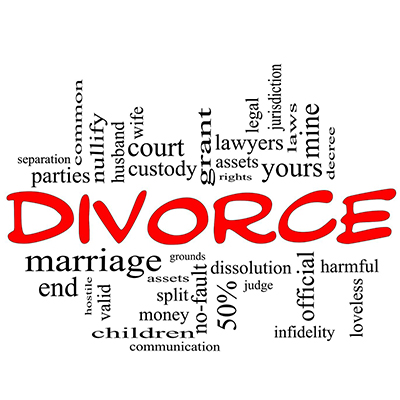Families Change
Guide to Separation & Divorce
Divorce
 When parents get a divorce, it means they are legally ending their marriage.
When parents get a divorce, it means they are legally ending their marriage.
The laws about divorce are the same across Canada. People in Ontario get divorced the same way people in British Columbia or Newfoundland get divorced.
A divorce can only be granted by a judge. However, your parents won't have to appear in front of a judge in court unless there are things they can't agree on, like custody and access, support, or property division.
